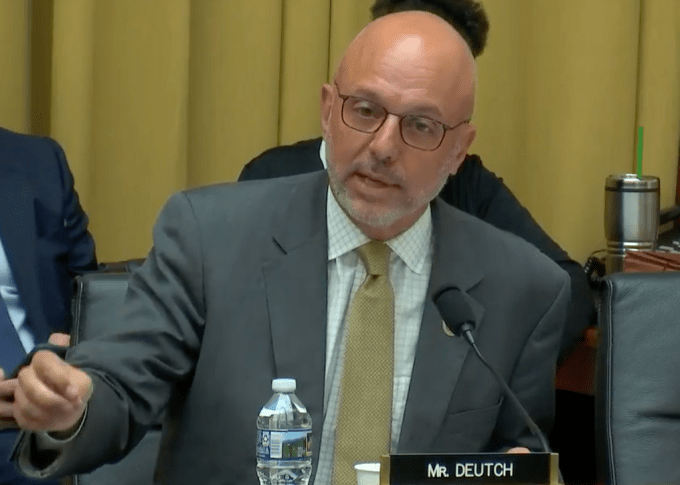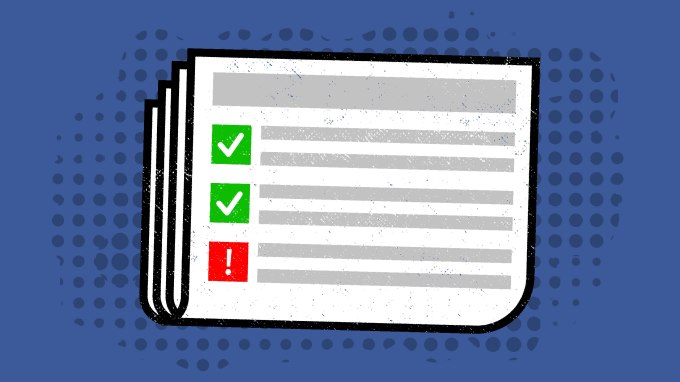After Hong Kong’s leader suggested she may invoke emergency powers that could potentially include limiting Internet access, one of city’s biggest industry groups warned that “any such restrictions, however slight originally, would start the end of the open Internet of Hong Kong.”
While talking to reporters on Tuesday, Hong Kong Chief Executive Carrie Lam suggested the government may use the Emergency Regulations Ordinance in response to ongoing anti-government demonstrations. The law, which has not been used in more than half a century, would give the government a sweeping array of powers, including the ability to restrict or censor publications and communications. In contrast to China’s “Great Firewall” and routine government censorship of internet services, Hong Kong’s internet is currently open and mostly unrestricted, with the exception of laws to prevent online crime, copyright infringements and the spread of obscene material like child pornography.
In an “urgent statement” addressed to Hong Kong’s Executive Council, the Hong Kong Internet Service Providers Association (HKISPA) said that because of technology like VPNs, the cloud and cryptographies, the only way to “effectively and meaningfully block any services” would entail putting all of Hong Kong’s internet behind a large-scale surveillance firewall. The association added that this would have huge economic and social consequences and deter international organizations from doing business in Hong Kong.
Furthermore, restricting the internet in Hong Kong would also have implications in the rest of the region, including in mainland China, the HKISPA added. There are currently 18 international cable systems that land, or will land, in Hong Kong, making it a major telecommunications hub. Blocking one application means users will move onto another application, creating a cascading effect that will continue until all of Hong Kong is behind a firewall, the association warned.
In its statement, the HKISPA wrote that “the lifeline of Hong Kong’s Internet industry relies in large part on the open network,” adding “Hong Kong is the largest core node of Asia’s optical fiber network and hosts the biggest Internet exchange in the region, and it is now home to 100+ data centers operated by local and international companies, and it transits 80%+ of traffic for mainland China.”
“All these successes rely on the openness of Hong Kong’s network,” the HKISPA continued. “Such restrictions imposed by executive orders would completely ruin the uniqueness and value of Hong Kong as a telecommunications hub, a pillar of success as an international financial centre.”
The HKISPA urged the government to consult the industry and “society at large” before placing any restrictions in place. “The HKISPA strongly opposes selective blocking of Internet Services without consensus of the community,” it said.



